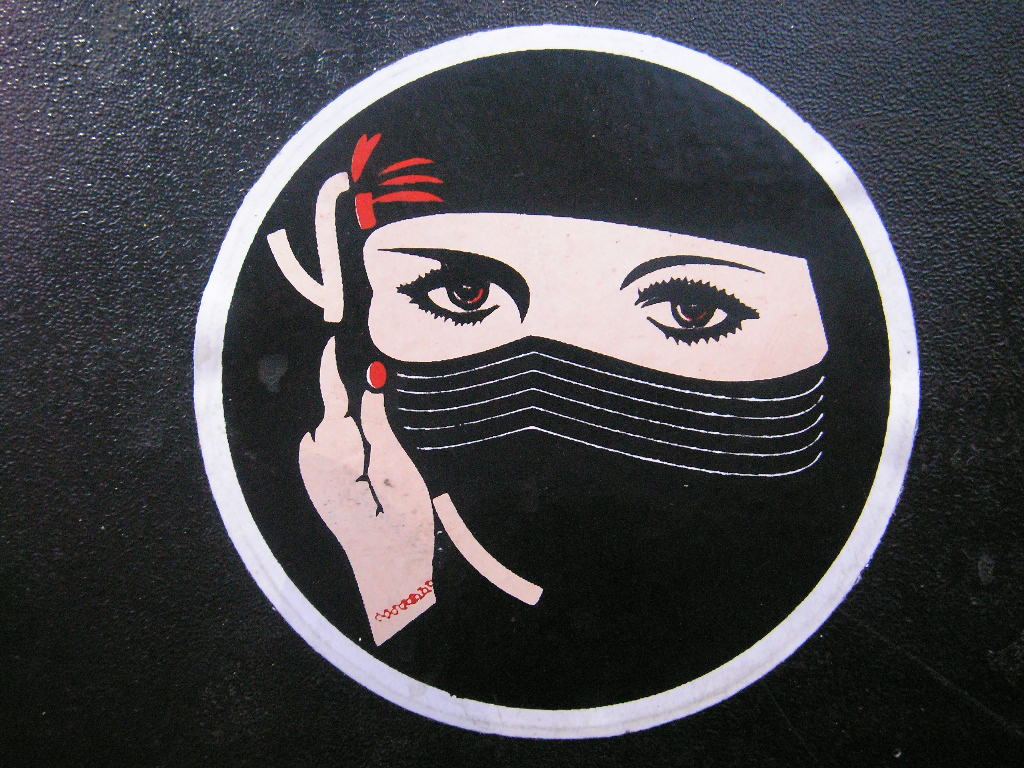
Niqabs don’t have to be empowering
By Kate Jacobson, October 13, 2015 —
The last few weeks of Canada’s federal election have been dominated by a public debate about a woman’s right to wear a niqab while declaring the Oath of Allegiance during a citizenship ceremony.
A niqab is a hair and face covering worn by devout Muslim women, primarily Sunni. Like a hijab, a niqab covers a woman’s hair and neck. Unlike a hijab though, a niqab also includes a face covering with a narrow slit for a woman’s eyes.
Zunera Ishaq, who challenged the niqab ban in court, recently took her Oath of Allegiance while wearing one. She proved her identity to an official beforehand for security purposes.
Conservative party leader Stephen Harper believes it is inappropriate for a woman to cover her face during a citizenship ceremony. Both Liberal party leader Justin Trudeau and NDP leader Tom Mulcair stated they have no issue with a woman wearing a niqab during a citizenship ceremony, provided she proves her identity to an official beforehand.
The niqab debate has become this election’s defining issue. Conservatives argue that the niqab is patriarchal and oppressive, while progressives argue the niqab is empowering for women who choose to wear it. Both of these arguments, however, have their fair share of problems.
I don’t particularly like the niqab, because I don’t particularly like women being told what to do. But women’s choices being shaped by the expectations of patriarchal societies is not, as the niqab debate suggests, a problem unique to Muslim communities.
Framing the niqab as the most pressing and seemingly singular obstacle that women face in Canada is both disingenuous to the struggles facing Canadian women and, frankly, incredibly racist. Women face a variety of barriers, obstacles and unfair expectations in all societies. Makeup is a good example of this.
I wear makeup on a day-to-day basis. I got into the habit in high school, and now I feel weird if I go out of the house without wearing any. When I take my citizenship oath, I’ll probably be wearing makeup.
But do I wear makeup because I genuinely like it or because I am expected to by a patriarchal culture? Honestly, I don’t really know. But the government has no business making that decision for me. And they aren’t — because wearing makeup is a westernized cultural expectation for women, not a Muslim one.
Something doesn’t have to empower women for it to be legal. Is lipstick empowering? Are high heels empowering? Is a niqab empowering? Maybe. But more to the point — who cares? The government has no business running some sort of pseudo-feminist barometer on women’s clothing choices.
The niqab is rooted in a patriarchal tradition. But so are a lot of things, and they aren’t illegal. And further limiting women’s choices by banning what we can and can’t wear isn’t going to help anyone.
